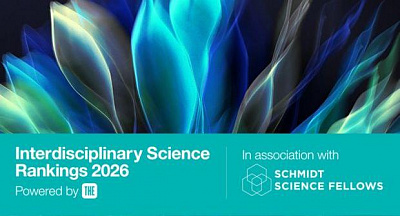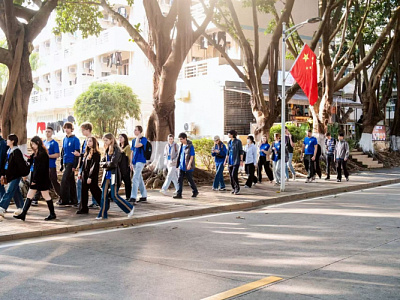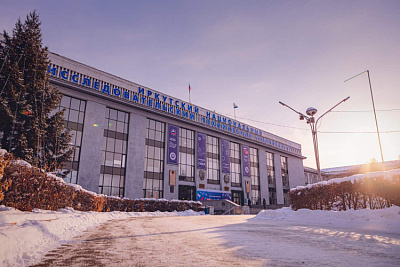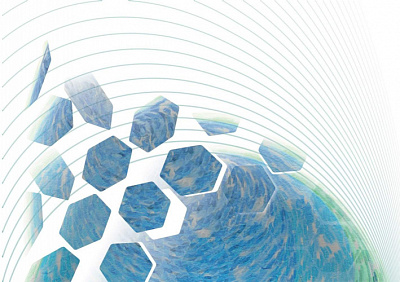INRTU patents recycling technology for lignin sludge from Baikal Pulp and Paper Mill
INRTU has received a patent for a remediation of lands contaminated with heavy metals.
The authors of the invention are Andrey Bogdanov, professor of the Department of Mineral Processing and Environmental Protection named after S.B. Leonova, & head of the Laboratory of Environmental Monitoring of Natural and Technogenic Environments, Anastasia Shatrova, doctoral student of the department and research fellow of the laboratory, and Anna Shkrabo, Technical Head of the Laboratory.
According to Anastasia Shatrova, the central concept is introducing an organic-mineral substrate into heavy metal-contaminated Soils:
"This special soil contains frozen sludge-lignin sediments (waste of Baikal pulp mill) and incinerated wood ash introduced in optimal amounts of plant nutrients (organic matter, potassium, phosphorus, nitrogen) in the soil to immobilize heavy metals. INRTU considers the invention of high value since it allows the implementation of our technology of using the frozen wastes of Baikal paper mill as valuable products for land reclamation. Our work on pulp and paper mill waste recycling continues unabated, with plans to present our technology to the Russian Academy of Sciences (RAS) for experimental-industrial testing and further implementation. Research is ongoing at the Department of Mineral Processing and Environmental Protection named after S. B. Leonov, and in collaboration with research team of the Laboratory of Environmental Monitoring of Natural and Man-made Environments."
As previously reported, INRTU students have been conducting experimental studies on soil succession (self-overgrowth) processes from frozen sludge-lignin sediments at Solzanskaya site of the mill since 2019.
Professor Andrey Bogdanov reported that during the experiment the soil from the frozen sludge-lignin sediment had completely stabilized and its structure and composition corresponded to fertile soils. According to laboratory chemical and agrochemical data, the soil corresponds to GOST 54534-2011 ‘Resource saving. Sewage sludge. Requirements for recultivation of disturbed lands’ and GOST R 54651-2011 ‘Organic fertilizers based on sewage sludge. Specifications’.
Raspberries planted on the soil have grown rapidly, yielding fruit. At the same time, there is an intensive process of self-renewal of frozen sediments of lignin sludge with a change of phytocenosis - from moss at the beginning of the experiment to shrubs and trees, observable today at the industrial site.
In 2021, Anastasia Shatrova, a researcher at the Laboratory of Environmental Monitoring of Natural and Technogenic Environments, won a grant competition of the President of the Russian Federation, having received 1.2 million rubles. Her project ‘Research on intensification of reclamation succession on the disturbed lands with wastes of pulp and paper industry’ received high commendation from experts.



